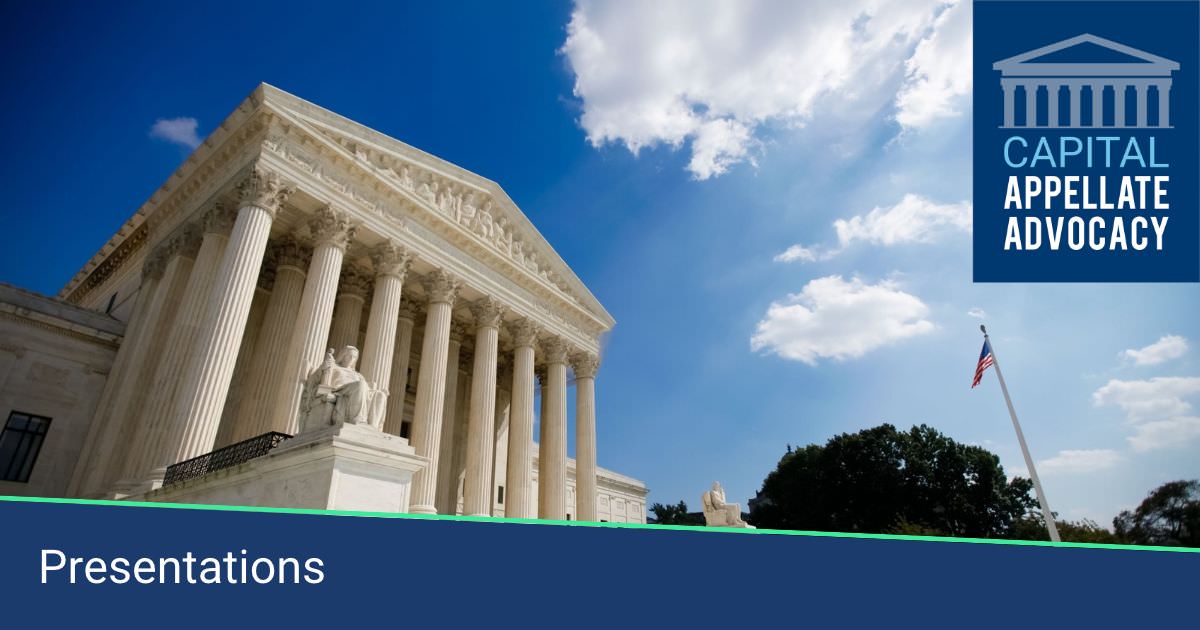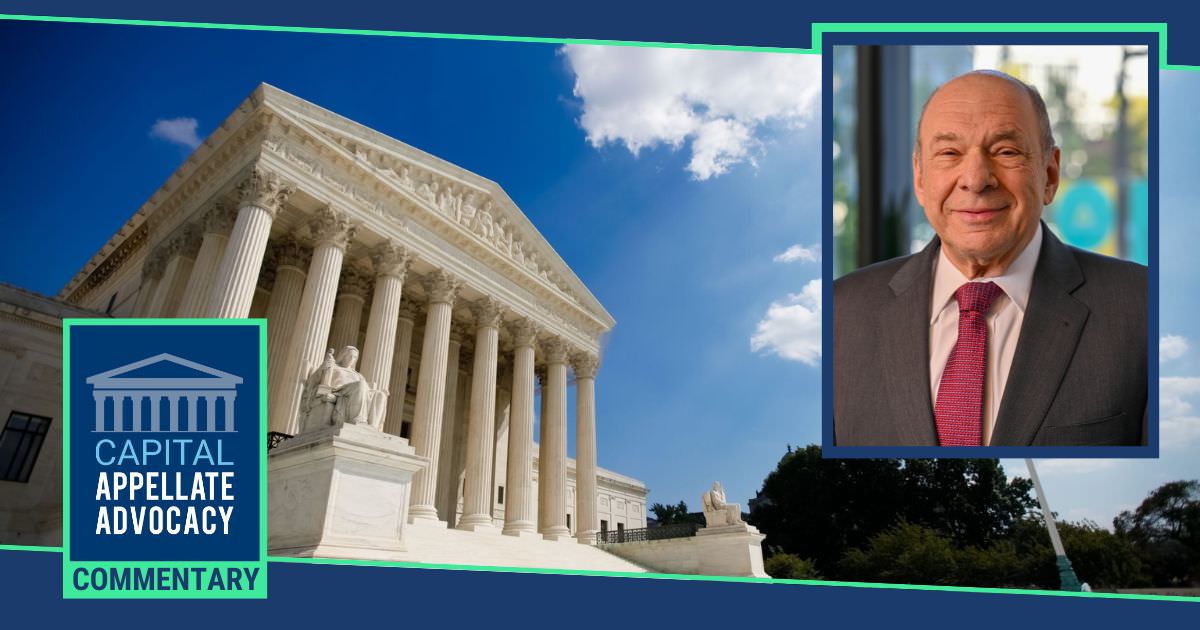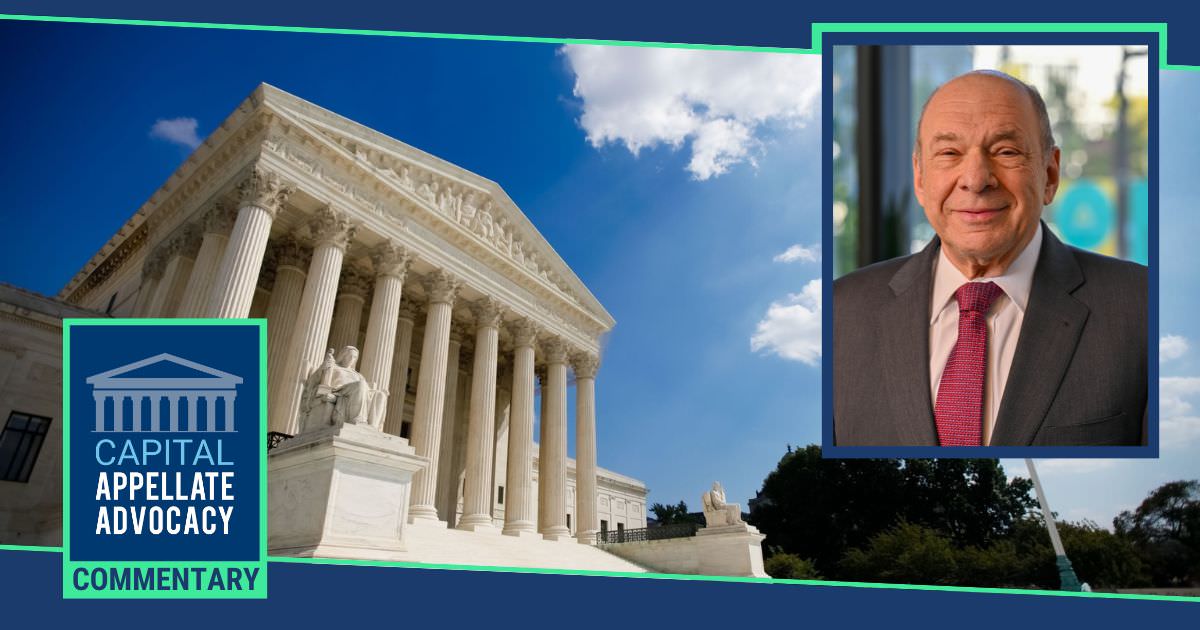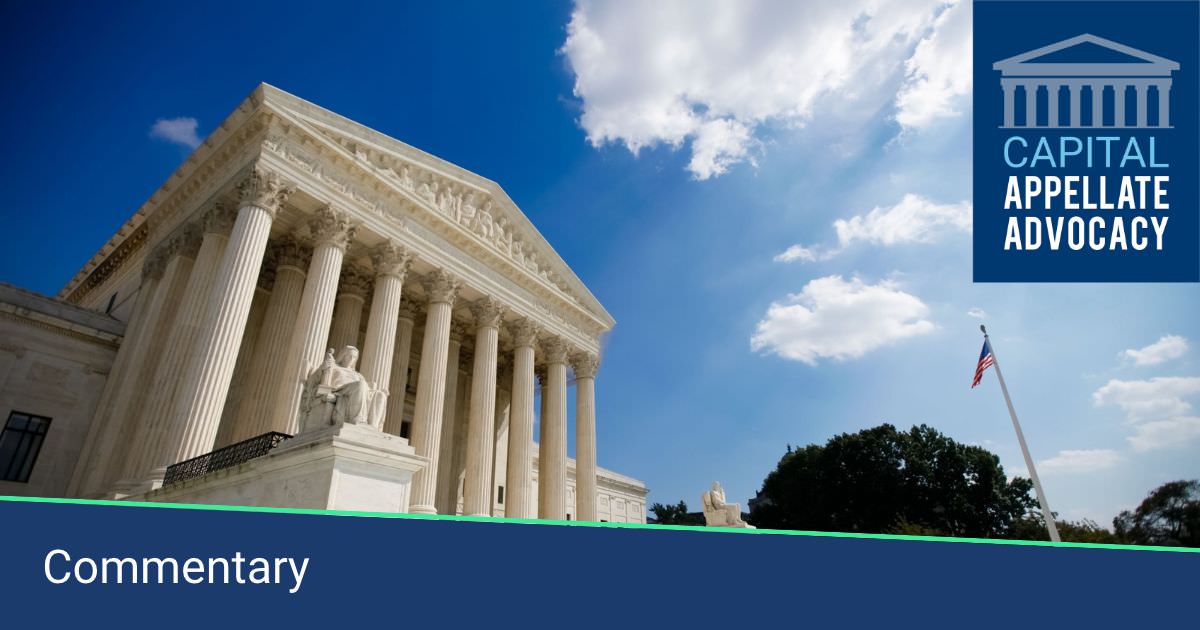Can Federal Contract Requirements Preempt State Law?
The only thing predictable about the U.S. Supreme Court’s decisions on federal preemption — a subject that strikes at the heart of federalism — is the odd way that the Justices spell “pre-emption.” While the Court’s implied preemption (field preemption and conflict preemption) case law is particularly difficult to reconcile, the Court in recent years […]
Can Federal Contract Requirements Preempt State Law? Read More »





